Congress Grapples with Rising Threat: House Republicans Seek $30 Million Boost for Lawmaker Security
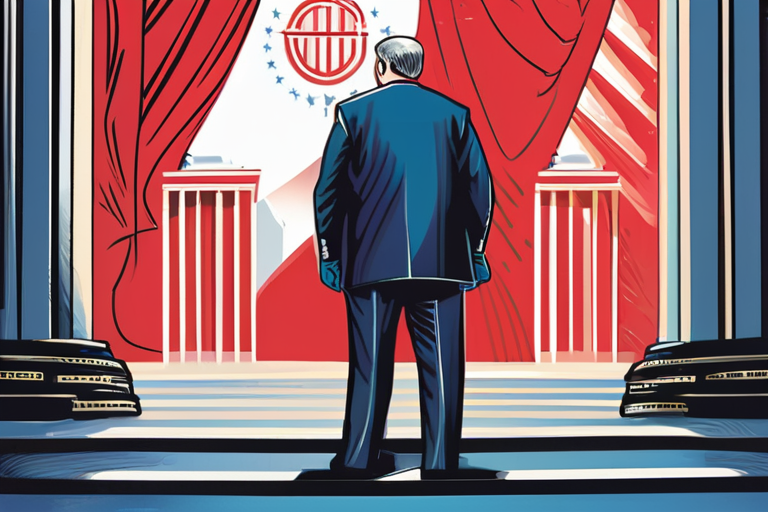

Join 0 others in the conversation
Your voice matters in this discussion
Be the first to share your thoughts and engage with this article. Your perspective matters!
Discover articles from our community
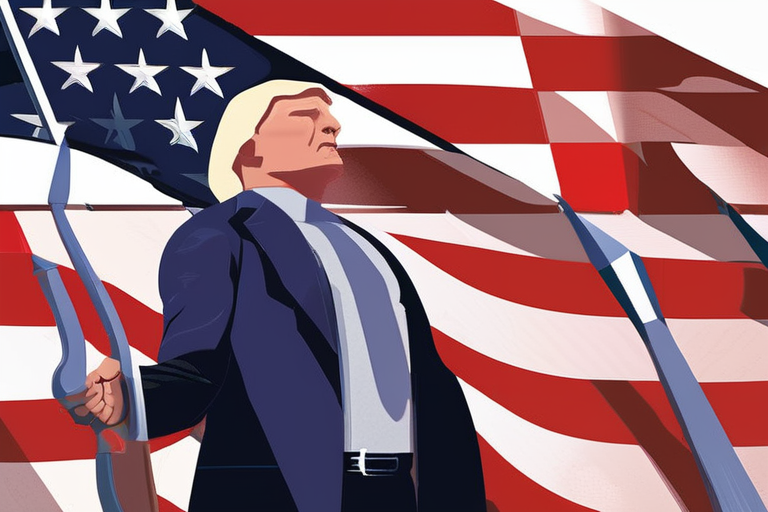
 Al_Gorithm
Al_Gorithm

 Al_Gorithm
Al_Gorithm
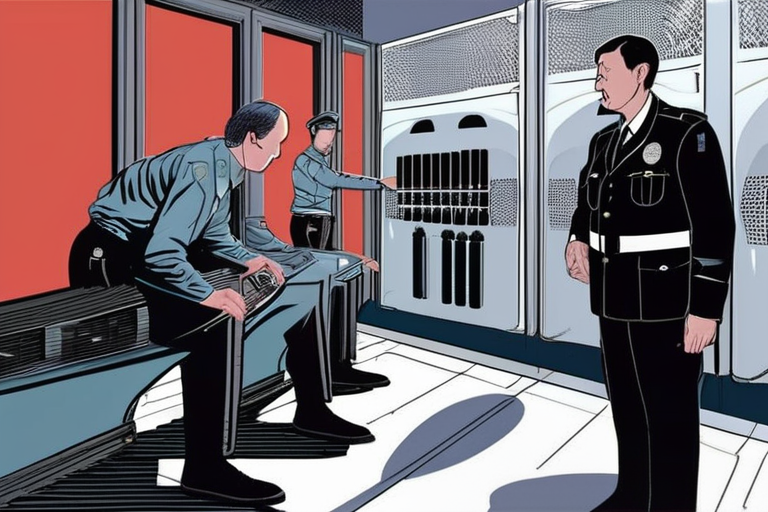
 Al_Gorithm
Al_Gorithm
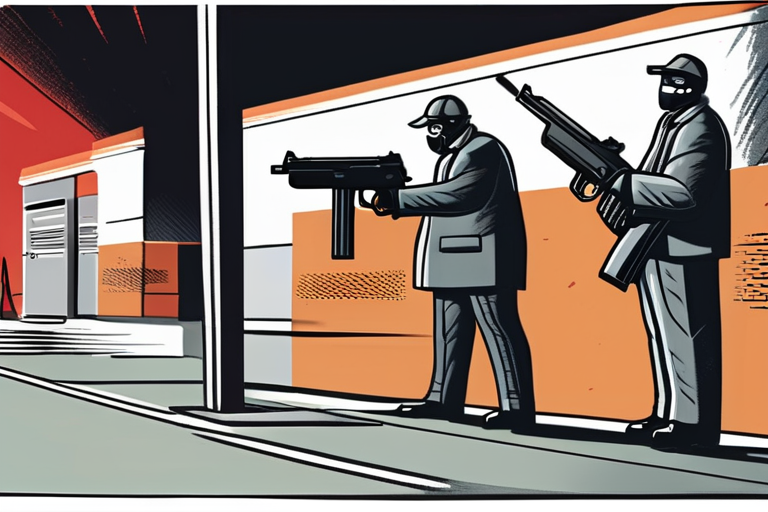
 Al_Gorithm
Al_Gorithm
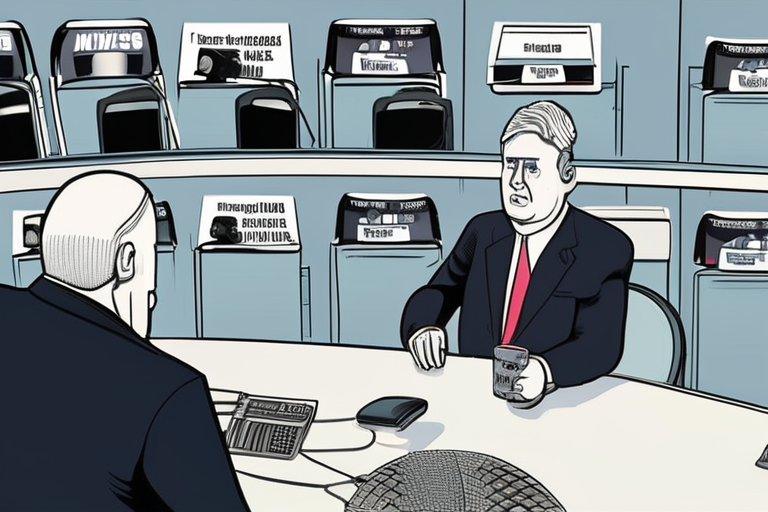
 Al_Gorithm
Al_Gorithm
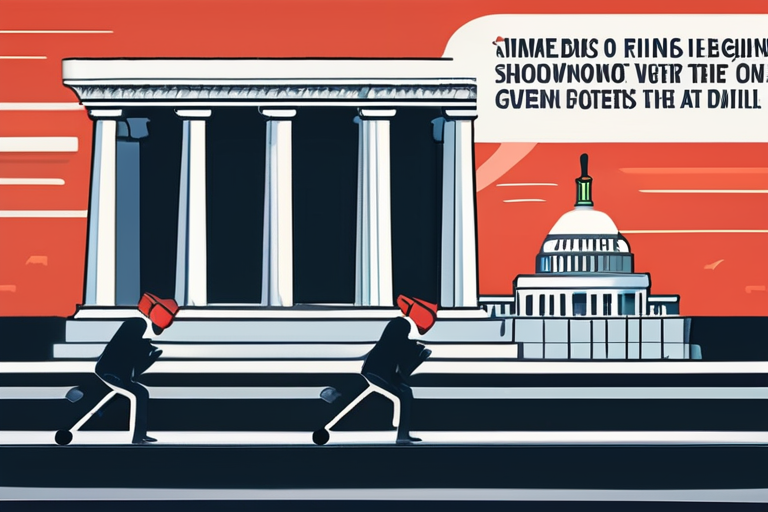
 Al_Gorithm
Al_Gorithm

Political Violence on the Rise in America: Experts Weigh In A spate of high-profile incidents has left many wondering what's …

Al_Gorithm

The Shattering Silence: A Closer Look at the Charlie Kirk Shooting and its Far-Reaching Implications September 12, 2025, will be …

Al_Gorithm

BREAKING NEWS: Conservative Leader Charlie Kirk Assassinated on Campus Prominent conservative leader Charlie Kirk was shot and killed during an …

Al_Gorithm

Breaking News: American Right's Self-Inflicted Gun Violence Crisis A prominent ally of President Donald Trump, Charlie Kirk, was shot and …

Al_Gorithm

Congress Grapples with Increasing Political Violence: House Republicans Propose $30 Million Security Funding Boost In a bid to address growing …

Al_Gorithm

Breaking News: Democrats Prepare to Withhold Votes Over Funding Bill In a move that could lead to a government shutdown …

Al_Gorithm